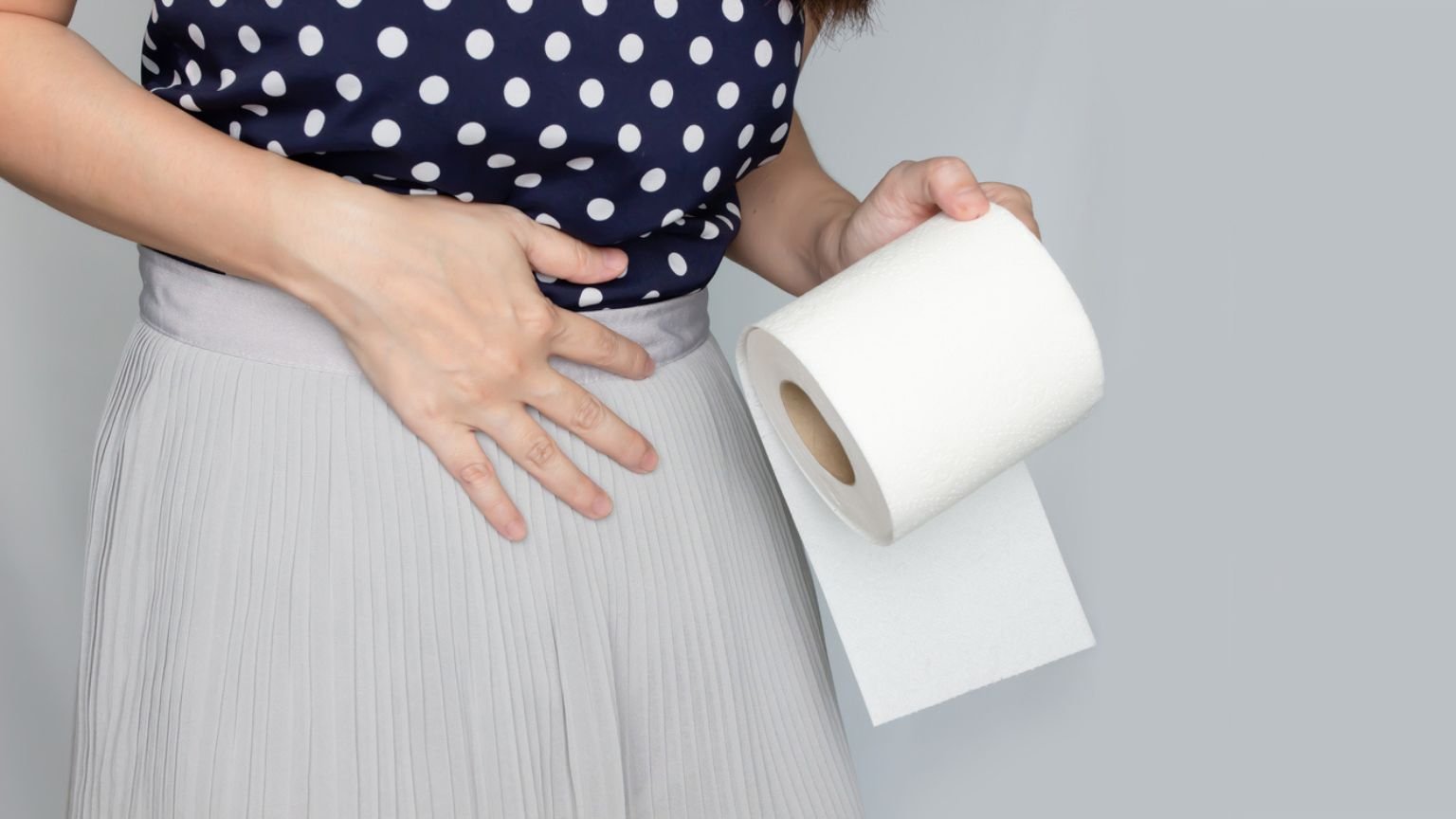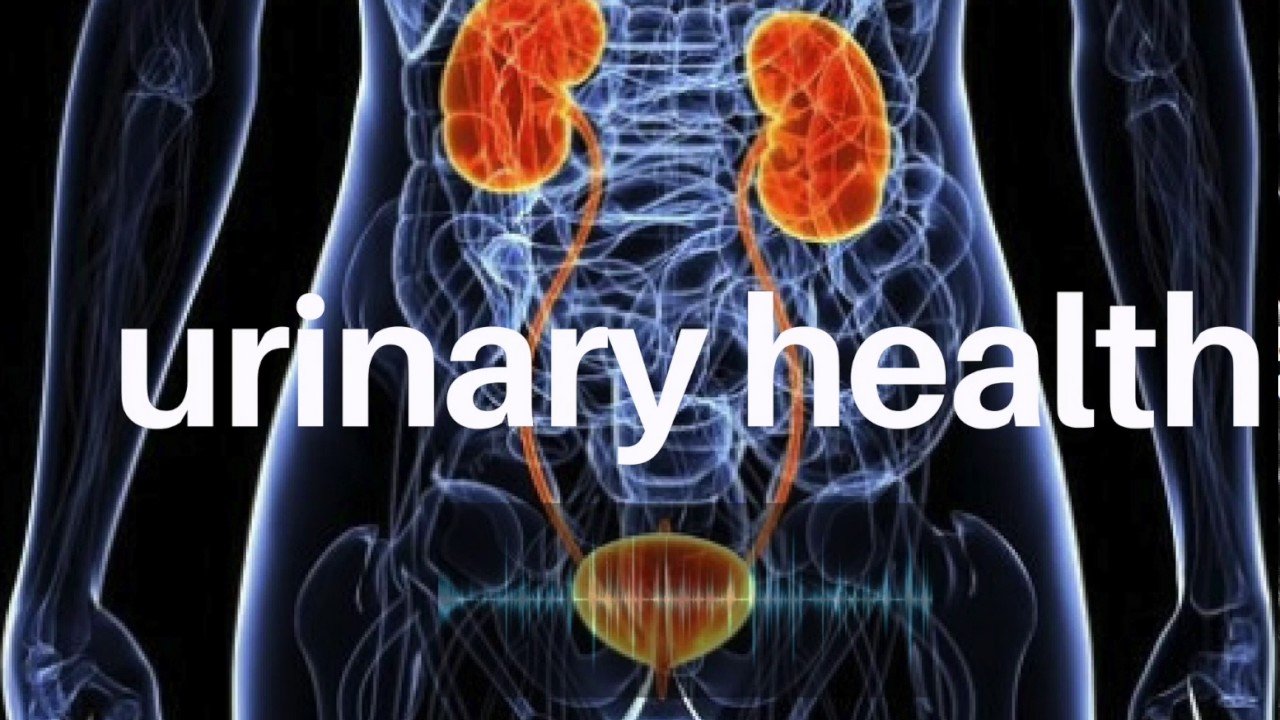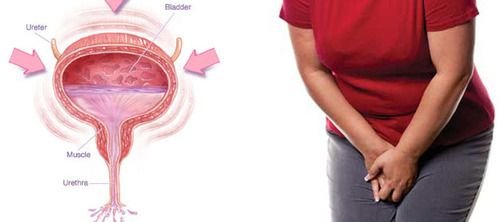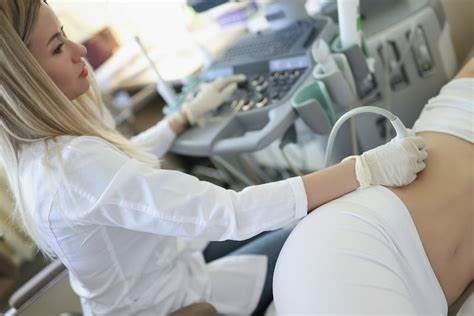A healthy bladder is essential for overall well-being. The bladder plays a critical role in storing and eliminating urine, and its health can directly affect your comfort and quality of life. Maintaining a healthy bladder can prevent a range of issues, from frequent urination to urinary tract infections (UTIs) and bladder incontinence. In this post, we’ll share simple yet effective tips to keep your bladder in top condition for years to come.

Hydrate Properly
Drinking plenty of water is the most basic and important step in maintaining bladder health. Proper hydration helps the kidneys flush out toxins and ensures the bladder functions smoothly. However, it’s essential to strike the right balance. Drinking too much water can lead to frequent urination, while too little can cause urine to become concentrated, increasing the risk of bladder infections and discomfort.
Aim to drink about 8 glasses of water a day, or more if you are physically active or live in a hot climate. Pay attention to your body’s signals, and adjust your intake accordingly. If you drink too much water at once, it can overwhelm the bladder, leading to uncomfortable urges to urinate.
Practice Healthy Bathroom Habits
The way you use the bathroom can have a significant impact on bladder health. First and foremost, avoid holding in urine for too long. Regularly emptying your bladder helps prevent over-distension and promotes normal function. Holding urine in for extended periods can lead to increased pressure on the bladder muscles and increase the risk of bladder infections.
Additionally, take your time while urinating. Rushing can prevent the bladder from fully emptying, which may contribute to urinary retention and infections. It’s also a good practice to fully relax your pelvic muscles when urinating. Doing so ensures that the bladder empties completely, reducing the risk of discomfort and potential complications.
Maintain a Healthy Weight
Maintaining a healthy weight plays a crucial role in supporting bladder health. Excess weight, particularly abdominal fat, can put additional pressure on the bladder, weakening its muscles and increasing the risk of incontinence. Over time, this pressure may lead to issues like urge incontinence, where the bladder suddenly feels full, or stress incontinence, where coughing, sneezing, or lifting heavy objects causes leakage.
By maintaining a balanced diet and exercising regularly, you can reduce abdominal pressure and lower the risk of bladder-related issues. Focus on a diet rich in fiber, lean proteins, and healthy fats to keep your weight in check and promote overall health.
Avoid Irritants and Dehydration
Certain foods and drinks can irritate the bladder and increase the likelihood of discomfort or bladder problems. Caffeinated beverages, alcohol, spicy foods, artificial sweeteners, and citrus fruits can all irritate the bladder lining and worsen symptoms such as urgency or incontinence. While these foods don’t necessarily harm the bladder directly, they can exacerbate existing issues.
If you are prone to urinary problems, consider limiting or eliminating these bladder irritants from your diet. Also, avoid drinking too much caffeine or alcohol, especially before bed, as these can act as diuretics, increasing the frequency of nighttime urination.
Perform Pelvic Floor Exercises
Pelvic floor exercises, also known as Kegel exercises, are incredibly beneficial for bladder health. These exercises strengthen the pelvic muscles, which support the bladder, bowel, and reproductive organs. Strengthening these muscles can help prevent bladder leakage, improve urinary control, and promote overall bladder function.
To perform Kegel exercises, contract the muscles you would use to stop urination, hold for a few seconds, and then relax. Repeat the process several times a day. Over time, you may notice improved bladder control and reduced incontinence issues. If you are unsure about how to perform these exercises correctly, consider speaking with a pelvic health specialist for guidance.
Stay Active and Avoid Constipation
Regular physical activity supports bladder health in various ways. Exercise promotes better circulation, reduces abdominal pressure, and helps maintain a healthy weight—all of which contribute to optimal bladder function. Activities like walking, swimming, and yoga can improve pelvic muscle tone and prevent issues like incontinence.
Moreover, staying active helps prevent constipation, which can negatively impact the bladder. When you’re constipated, your bowel movements may put pressure on the bladder, leading to discomfort or urinary urgency. Ensure you consume a diet high in fiber and drink plenty of fluids to keep your digestive system functioning well.
Seek Regular Check-Ups and Medical Advice
Even if you’re following healthy habits, it’s important to get regular check-ups to ensure your bladder remains in good condition. If you experience any unusual symptoms, such as frequent or painful urination, blood in the urine, or incontinence, consult a healthcare professional. These symptoms can be indicative of underlying issues such as UTIs, bladder infections, or more serious conditions like bladder cancer.
Regular medical visits allow for early detection and treatment of potential bladder problems. In some cases, a urologist or pelvic health specialist can provide personalized advice or recommend treatments to address specific bladder issues.
Conclusion
Maintaining a healthy bladder is essential for overall well-being and comfort. By staying hydrated, practicing healthy bathroom habits, managing weight, and avoiding bladder irritants, you can support your bladder health for the long term. Pelvic floor exercises and regular physical activity also play key roles in maintaining optimal bladder function. If you experience any bladder-related symptoms, don’t hesitate to seek medical advice. With these tips, you can protect your bladder and enjoy a healthier, more comfortable life.










